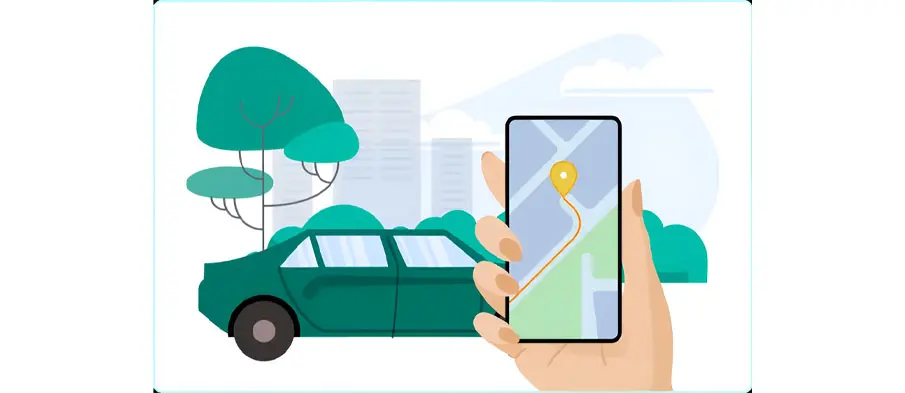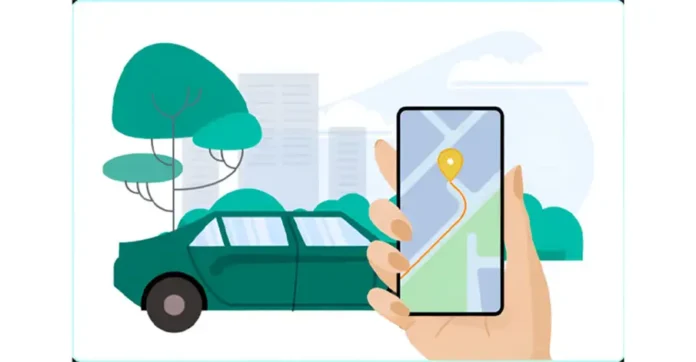
More than a month after the Central Consumer Protection Authority (CCPA) issued notices to ride-hailing platforms Ola, Uber India, and Rapido regarding their advance tipping feature, the practice continues to remain active across these apps—raising fresh concerns about consumer rights and regulatory enforcement.
The feature, which allows users to tip drivers before the ride begins, has drawn criticism from riders who view it as coercive and misleading. Users report being nudged or defaulted into tipping during the payment process, often without a clear or easily accessible opt-out option.
The backlash is compounded by persistent complaints about poor user experience on these platforms, including driver misconduct, demand for cash payments, and trip cancellations based on destination disclosure—issues that have long plagued India’s ride-hailing sector.
Despite the growing public outcry, no formal update has been issued by the CCPA regarding the progress or outcome of its investigation as of June 22.
Union Consumer Affairs Minister Pralhad Joshi previously addressed the controversy on X (formerly Twitter), stating that the government is taking the issue seriously. He confirmed that notices had been sent to companies such as Ola, Uber, and Rapido, and warned that further action would be taken if other platforms were found engaging in similar practices.
Meanwhile, users report that Namma Yatri, a ride-hailing app operating in Bengaluru, also includes advance tipping in its fare summaries. Some allege the platform was the first to introduce the practice, later adopted by larger players. However, Entrackr was unable to independently verify whether Namma Yatri received a CCPA notice.
As of now, all four platforms—Ola, Uber, Rapido, and Namma Yatri—continue to display tipping options as part of the ride booking and payment process. None of the companies, nor the CCPA, responded to media queries regarding the matter.
While tipping itself is not unlawful, embedding it into the booking flow without explicit consent may constitute an unfair trade practice. Critics argue that this model places the burden of driver compensation on customers, while platforms continue to earn their service commissions—prompting broader concerns about transparency, fairness, and regulatory oversight in India’s digital services ecosystem.
Earlier this year, the CCPA also served notices to Ola and Uber over alleged fare discrepancies between Android and iOS users—a charge both companies denied, asserting that fares are determined uniformly regardless of device type.





